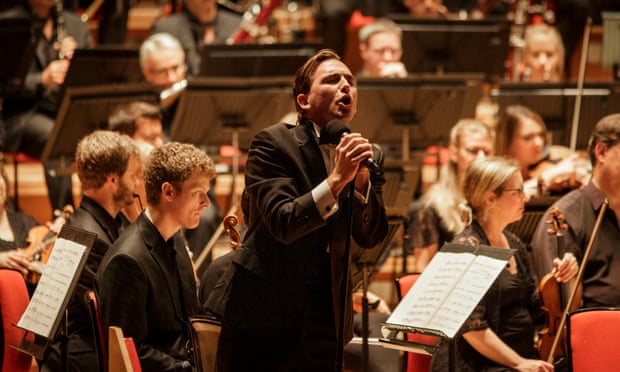 |
| David explaining the dangers of 'going ape' in 1860's Oxford |
A fun day at the Quadram Institute in Norwich to celebrate Darwin Day a week ago today, just after the great man’s birthday (12th).
A good sized
audience heard a historical/literary talk from Dr Jude Piesse (Liverpool John
Moores University, Liverpool, UK) “The ghost in the garden: in search of
Darwin’s lost garden” and Dr Anders Bergstrom (School of Biological Sciences,
UEA, Norwich, UK) with the talk “The Call of the Wild: the Genetic History of
Wolves & Dogs” before listening to my “The Eyenigma Variations: Darwin, DNA
& Music. Eyenigma is a recreation of the famous ‘Huxley Debate’ of 1860 at
the newly constructed Oxford Museum of Natural History (see above), a building intended to
present Science as “Facts, Connected, Illuminated, Interpreted, so as to become
the Intelligible Embodied Expression to his Creatures of the Will of God”
(Acland). The debate became one of the most celebrated punch-ups in science,
which I hope I conveyed in the music (first performed in the Museum in 2015). I
finished the talk with three minutes of the finale of the quartet accompanied
by a slide-video depicting the journey from “one very simple and imperfect”
(Origin, Chapter 6) to a perfect and complex eye, and ending with the audience shouting "STOP" at the STOP codon (the last bar). Nice to have audience participation in a string quartet. My thanks to professor
Dan-Eric Nilsson of Lund University for allowing me to use images from his lecture
on the subject. You can here the last three minutes of Eyenigma here and see
Dan’s full lecture here.
No space to
describe the full talk here, and the genetic basis of the music, but it was fun
to digress into Douglas Hofstadter’s (birthday: yesterday 19th Feb!)
first proposal of DNA music in 1979 which inspired so many, including Dave
Deamer whom I used as the first example of published DNA music. Check out his
composition and video of the Insulin gene here.
 |
| Eyenigma Intro video - codes |
 |
| 'One very simple' - melatonin, then rhodopsin, the first light sensors |
Picture credits: David Gahan & Mark Pallen
Video credits: Dave & Nick Deamer (follow link, used with permission) and David Gahan



